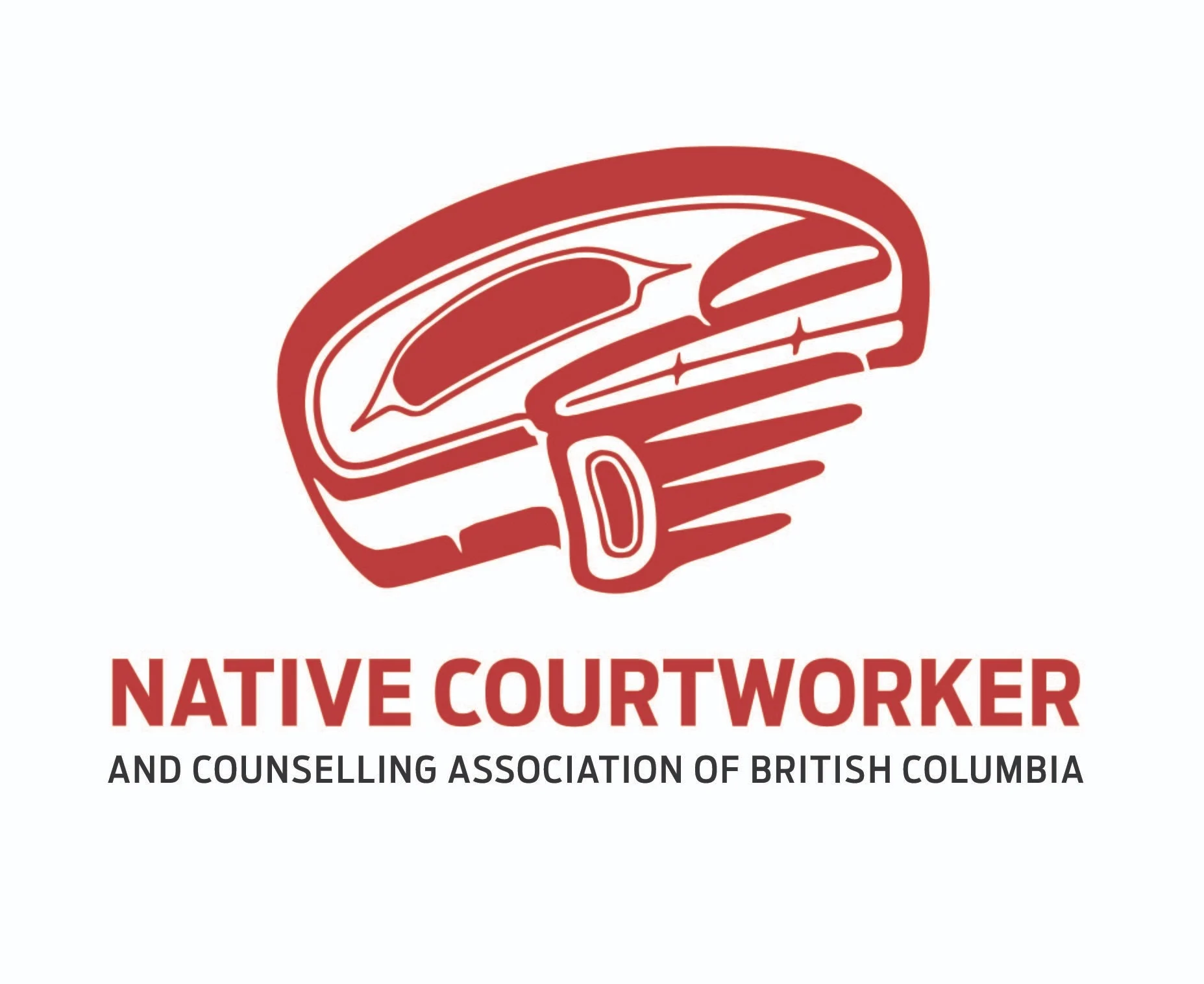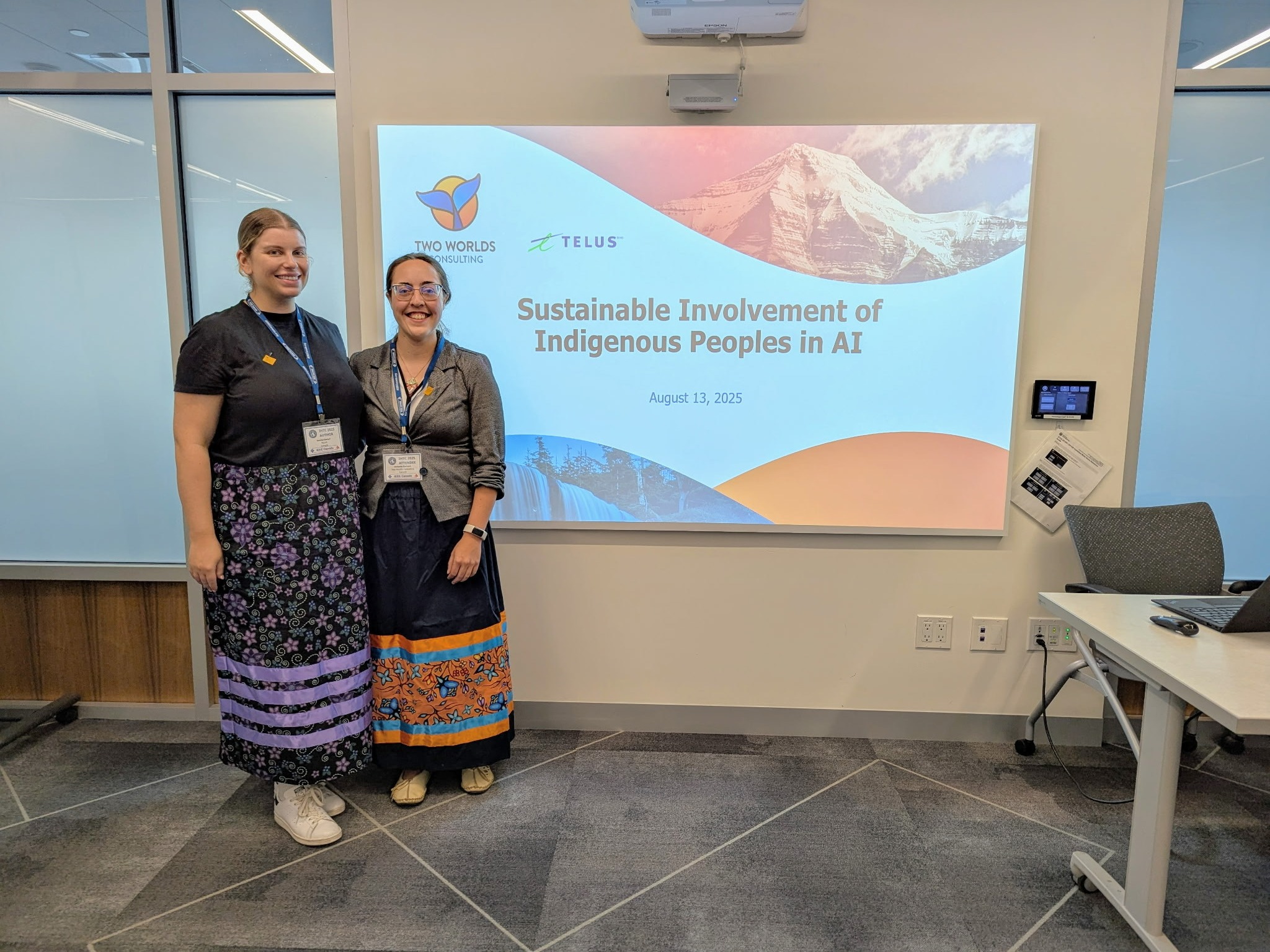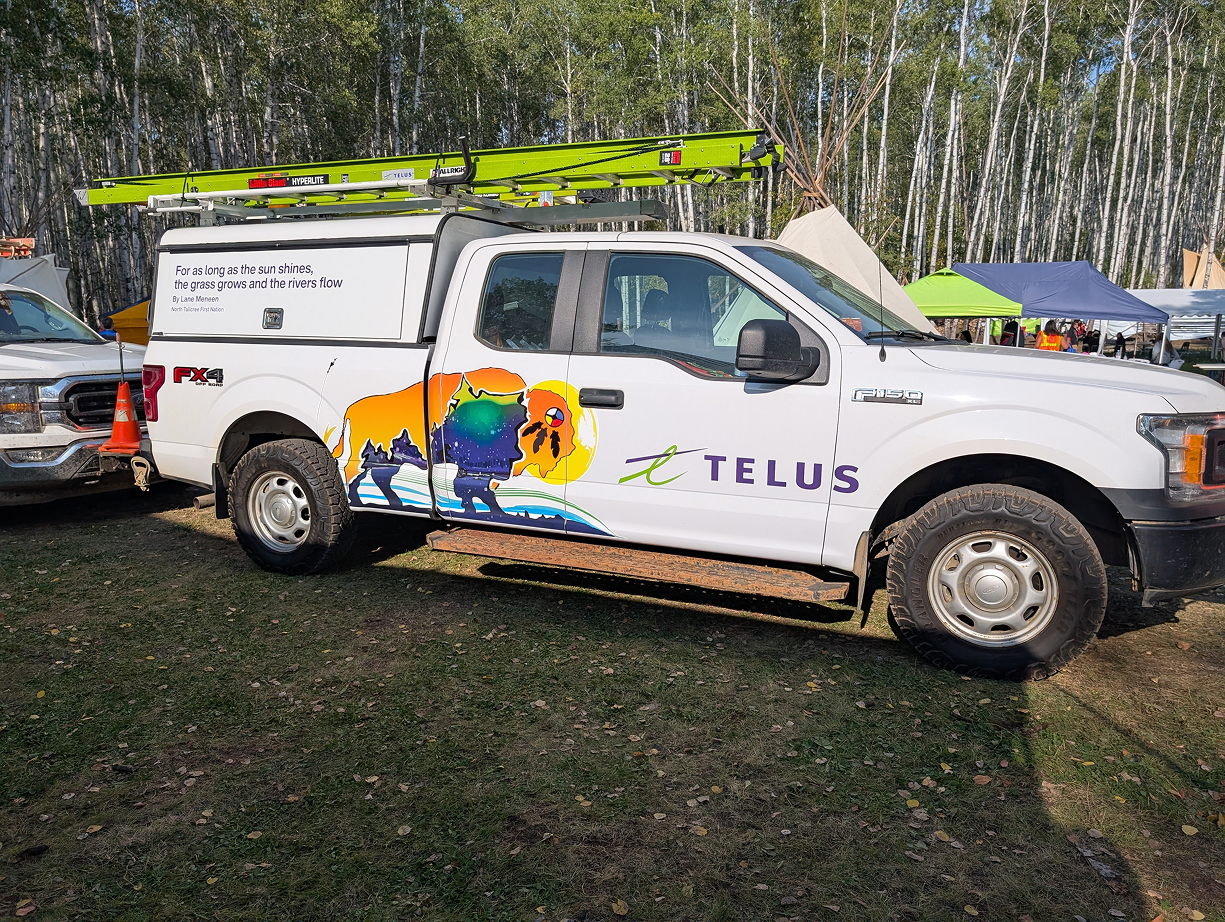Connecting Canada
Indigenous women rise in power on road to Reconciliation
May 29, 2023
Indigenous women were and are the heart of our communities. They were our teachers, ceremonial leaders, interpreters, healers, and caretakers of our children.
They were also more likely to have gone missing, been murdered, assaulted, ignored, and forgotten.
As established by
Reclaiming Power and Place
: The Final Report of the National Inquiry into Missing and Murdered Indigenous Women and Girls, Indigenous women are 12 times more likely to be murdered or go missing than any other woman in Canada. These weren’t just numbers. The violence behind the statistics had devastating impacts on Indigenous communities, perpetuating cycles of trauma and contributing to ongoing systemic inequality.
Additionally, the overwhelmingly colonial justice system that still exists today – a system she has seen first-hand in her role as the Acting Director of Court Services at
the Native Courtworker and Counselling Association of British Columbia
(NCCABC) – further contributes to the negative impacts on lives of Indigenous Peoples in B.C. It’s a vicious cycle that needs to end, and, as outlined in the
231 Calls for Justice
, governments, businesses and organisations all have their part to meaningfully redress historical and ongoing inequities and support Indigenous women to achieve their full potential.There was real power in giving people access to the resources, tools, and services needed to change their lives. Having dedicated her life to supporting Indigenous Peoples and promoting justice and decolonization, she had seen how culturally appropriate programs and support could move marginalised people out of crises and into safer environments.
In 2021, for example, TELUS launched the
Mobility for Good for Indigenous Women at Risk
program, partnering with Indigenous organisations, including NCCABC, to provide smartphones and phone plans to Indigenous women who are at risk of or experiencing violence. The program gave women a critical lifeline to timely emergency services, reliable access to virtual healthcare and wellness resources, and the ability to stay connected to their friends, family and support networks.
The effects of the colonial practices and systems forced upon Indigenous Peoples – such as Residential Schools and the ’60s Scoop (a period during the 1960s when Indigenous children were taken from their birth families without consent) – continue to be felt by Indigenous People today and is directly tied to the socio-economic gap that exists between Indigenous and non-Indigenous Peoples in Canada. As such, too many Indigenous women often find themselves in unsafe situations, and are more likely to be targeted by offenders, the sex trade and trafficking.
Many of the women they helped at NCCABC were fleeing violent situations, which meant sometimes they came to them with only a backpack, with no identification or money. They were surviving on the streets while waiting for a space to open at a transition home. In some experiences, Indigenous women who lived in isolated communities relied on hitchhiking as a means of transportation.
That’s why ensuring Indigenous women had the ability to stay connected to someone they trust was critical.
To date, Mobility for Good for Indigenous Women at Risk has supported more than 1200 marginalised Indigenous women and their families. TELUS has been receptive to honest feedback provided by the NCCABC, making changes to the program based on the partner’s recommendations.
The program also addressed a number of the Calls for Justice, recognizing the importance of working together with Indigenous Peoples to address poverty, safety and connectivity.
As part of the Reconciliation commitment, Canadians must honour the lives of the missing and murdered Indigenous women, girls, and 2SLGBTQQIA+ people, and acknowledge the pain and trauma our families and communities have endured.
There is work to be done to decolonize systems and support Indigenous Peoples in their journey toward healing and personal sovereignty while reconnecting with their culture and communities.
The strength needed to end and redress the violence and inequities can be drawn from Indigenous women themselves: Despite colonial systems, Indigenous matriarchs are rising up. They are standing in their truths, reclaiming their identities and culture, and coming together to make impactful changes across communities.
There is a role for everyone in the short and the long term to support this powerful journey. The recommendations within the 231 Calls for Justice state it best: "Individuals, institutions, and governments can all play a part; they are encouraged to understand and, most importantly, to act on theirs."

Meet the author
Kim Rumley
Acting Director of Court Services at the Native Courtworker and Counselling Association of British Columbia

